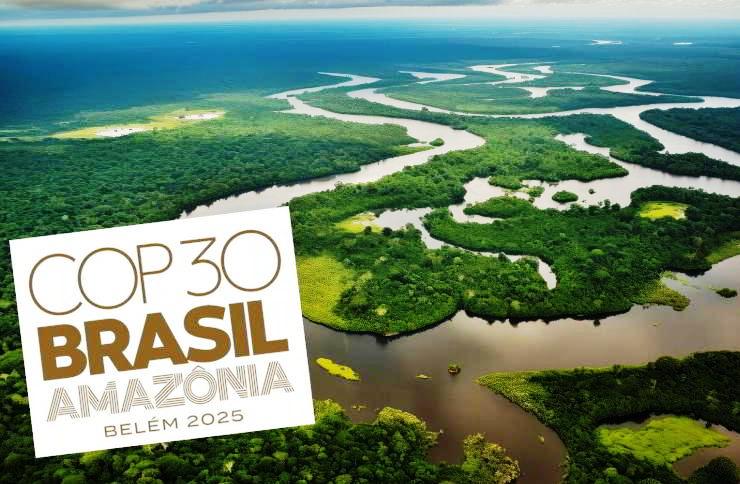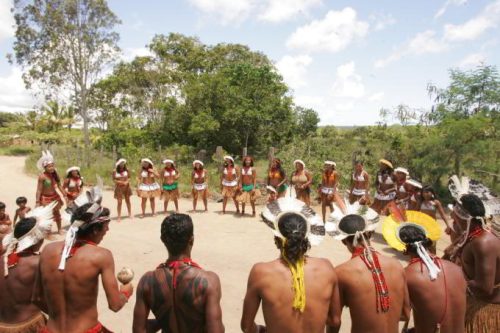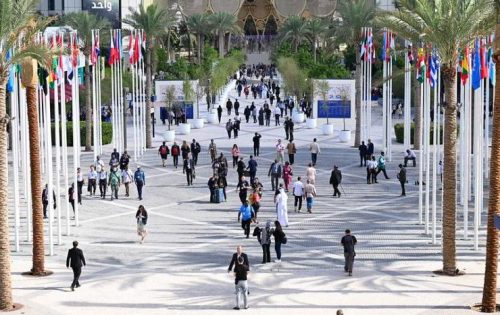Brazil. COP 30, between Hope and Disappointment.

In November, Belém do Pará, on the banks of the Guamá River and in the heart of the Amazon, will host the 30th Conference of the Parties to the United Nations Framework Convention on Climate Change (UNFCCC). Expectations are high.
The event, known as COP30, marks three decades of multilateral climate negotiations – three decades of renewed hopes alongside recurring frustrations. It is a moment laden with symbolism: for the first time, the COP will take place in the Amazon, a region that harbours not only one of the planet’s greatest biodiversities, but also the vulnerability and resilience of peoples who have long been guardians of the forest
and sustainable ways of life.
Expectations are high. For many, Belém will be the decisive moment when the climate agenda must move from paper to practice.

Pataxo indigenous people in a village in Brazil. The COP will be held in the Amazon for the first time. The region is home to a rich biodiversity and a resilient indigenous community. 123rf
Over the course of recent conferences, important mechanisms have been designed – climate finance, adaptation, the loss and damage mechanism, and just transition – yet they have almost always come with deferred promises. Now, the central challenge is to mobilise concrete resources, confront fossil fuel interests, and translate commitments into verifiable policies. The hope is that Belém may represent a qualitative leap: that the political texts negotiated in Bonn, Dubai, Baku, and other conferences may finally find their translation into effective action.
But there is also the risk of disappointment, by now almost habitual in the climate process. As Pope Francis reminded us in his encyclical Laudato Si’, the environmental and social crisis cannot be reduced to technical formulas but requires profound changes in lifestyles and in the ways economic and political systems are organised.

Attendees at the UN Climate Change Conference COP28 in Dubai in 2023. The great conferences often fail to deliver responses to the urgency of the moment. Photo: COP28 / Anthony Fleyhan.
The great conferences often fail to deliver responses proportional to the urgency of the moment. Yet they can also become occasions for new processes arising from the grassroots: communities, peoples, and organisations that translate the defence of life into concrete practices
of solidarity and care.
COP30 will thus be an ambivalent stage. Promises of diplomatic progress coexist with the persistence of forces that delay the ecological transition. But it will also – and perhaps above all – be a space of encounter: of Indigenous movements demanding land demarcation, of young people envisioning different futures, of churches and faith-based organisations bringing their prophetic voice.
Belém may be remembered not only for negotiations among states, but for the vitality of its streets, rivers, and communities. It is from this tension that we can reflect on expectations, possible advances, and inevitable frustrations of the upcoming global climate gathering. (Open Photo: Amazon Forest.123rf – The logo of COP 30)
(L.D’A)



